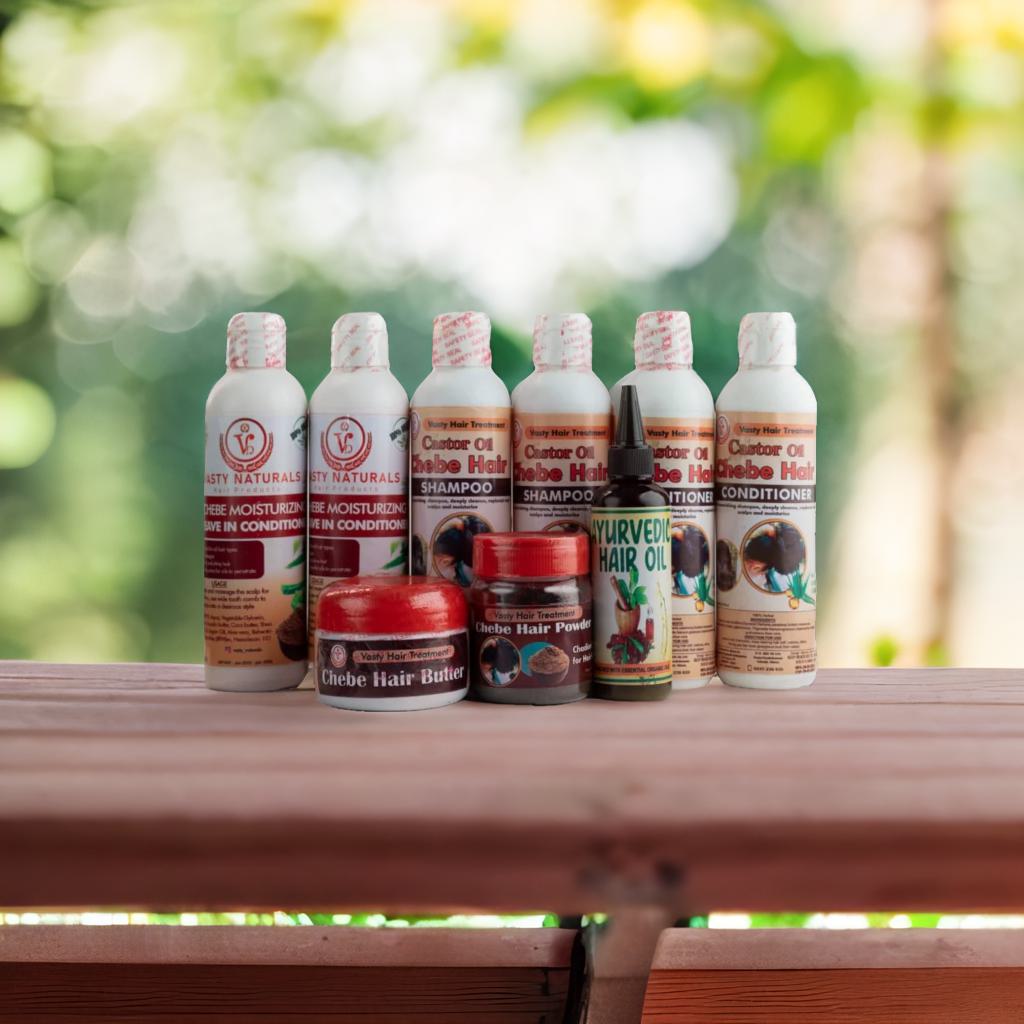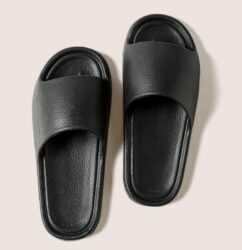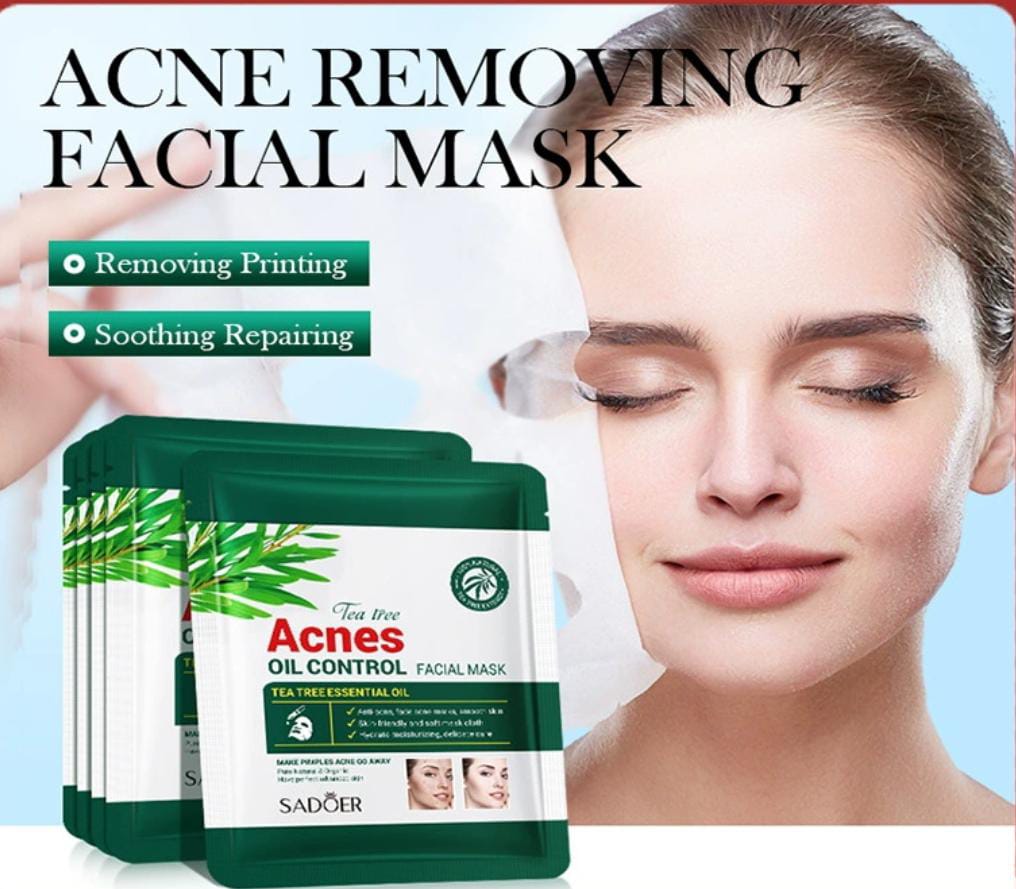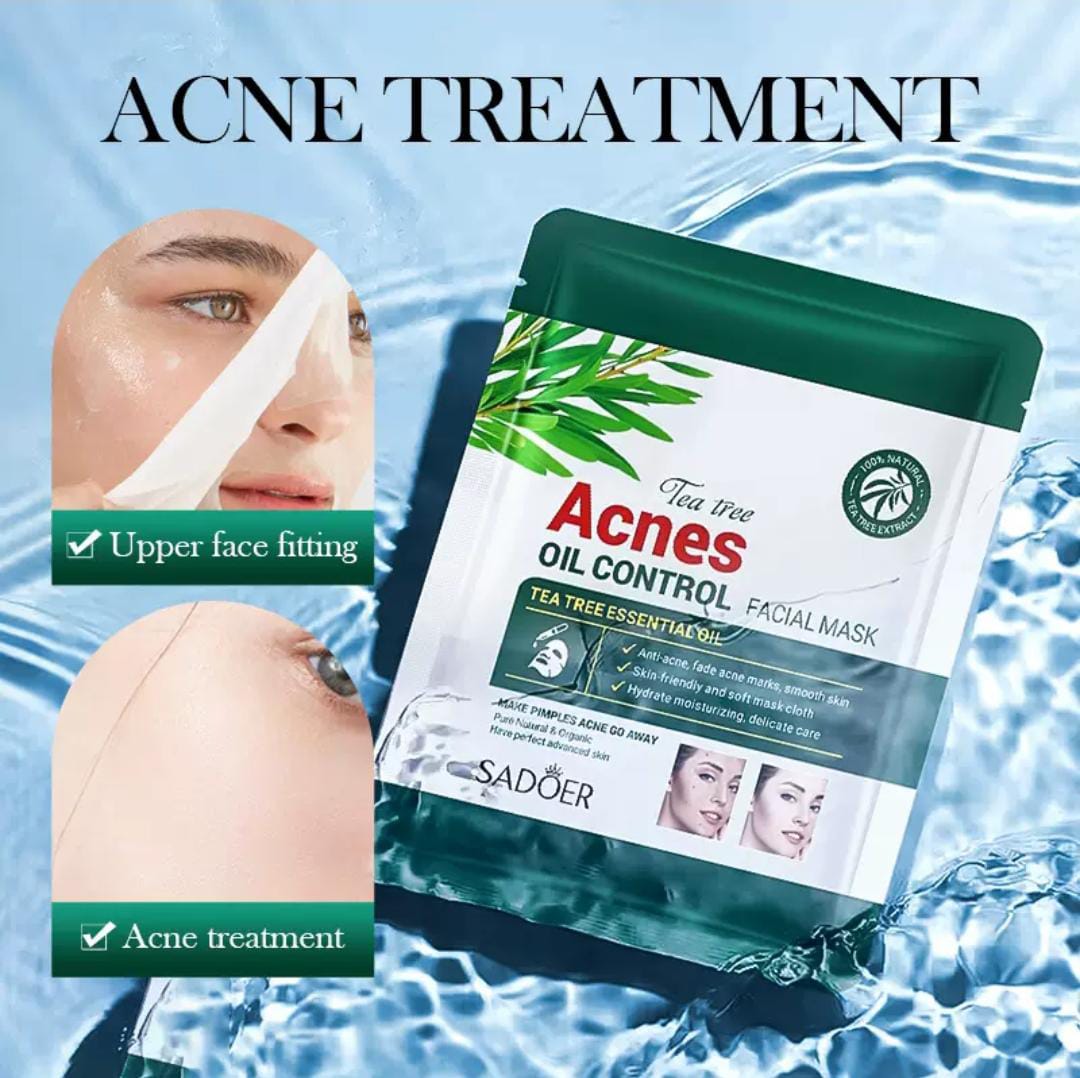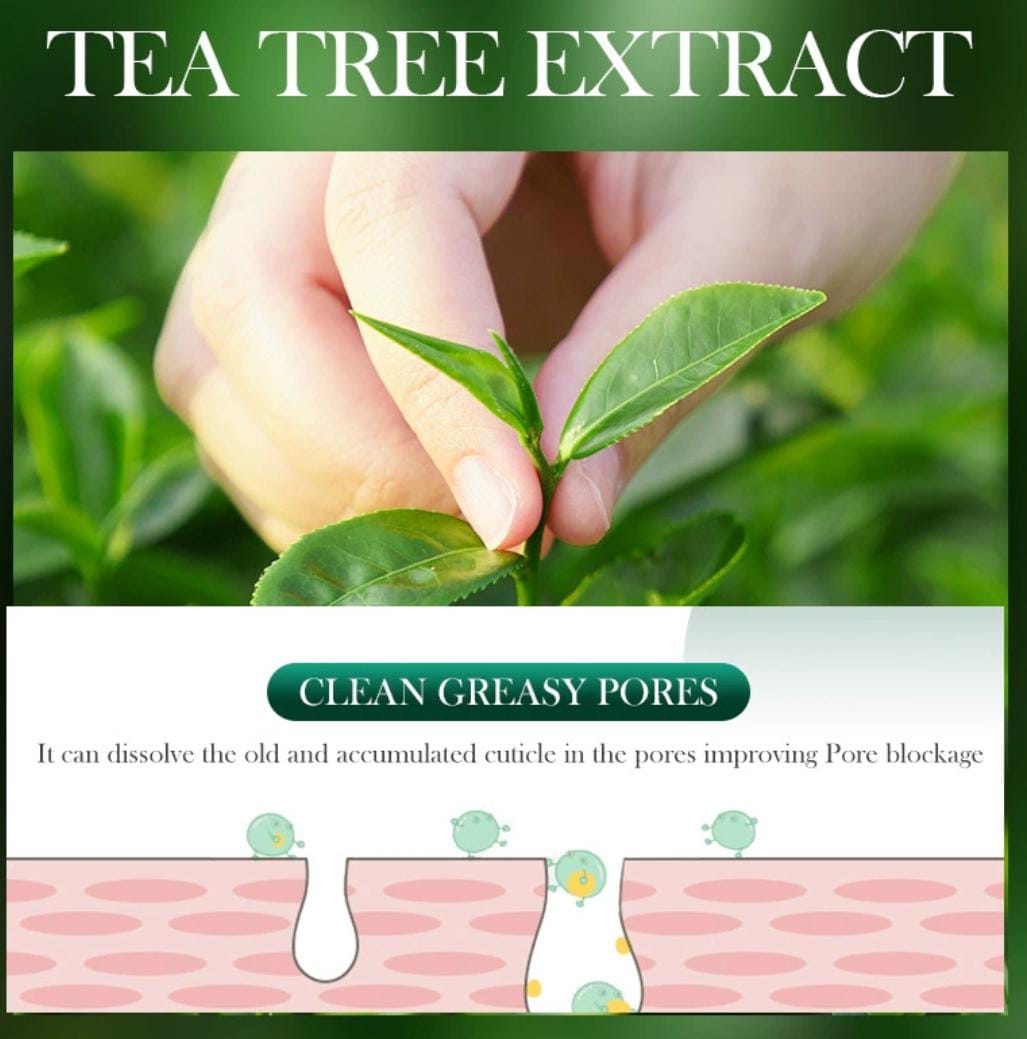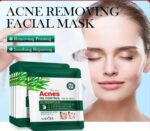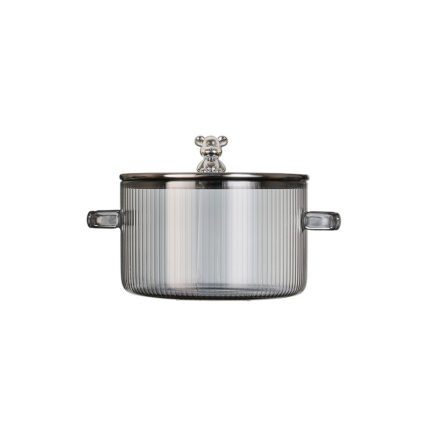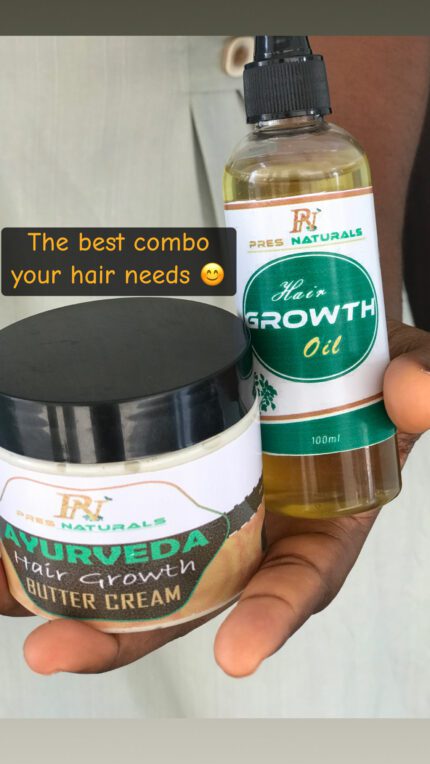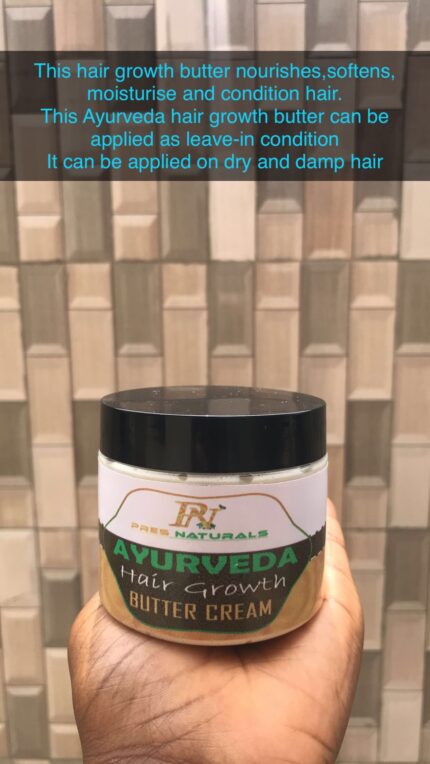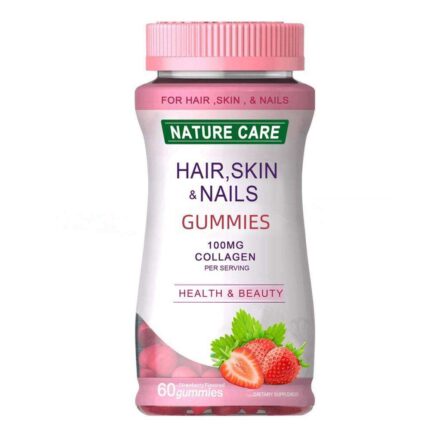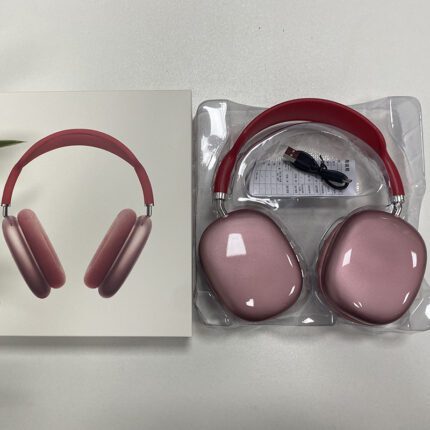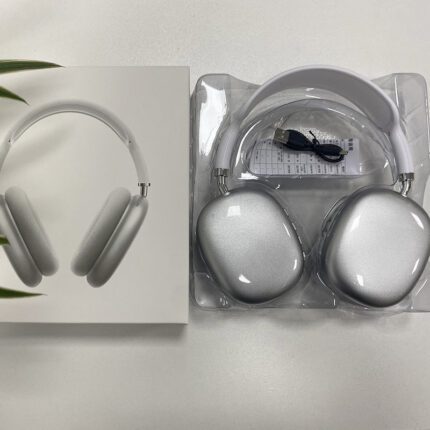- Tea tree masks are usually creamy or gel-like in texture. Clay-based versions may have a thicker, mud-like consistency. Applied to clean, dry skin and generally left on for about 10–15 minutes before rinsing off.
- Benefits:
- Fights Acne-Causing Bacteria: Tea tree oil works as a natural antibacterial agent, helping to reduce the presence of acne-causing bacteria.
- Reduces Redness and Swelling: Tea tree oil’s anti-inflammatory properties help soothe irritated skin and reduce redness and swelling from acne.
- Balances Oil Production: Clay or charcoal in the mask absorbs excess oil, helping to balance sebum levels and reduce shine.
- Clears and Prevents Breakouts: By keeping pores clear and managing bacteria, tea tree masks help prevent new acne from forming.
- Soothes and Calms the Skin: Aloe vera or chamomile calms inflammation, making it ideal for sensitive skin that is prone to acne.
Tea tree acne masks can be used once or twice a week as part of a skincare routine. They’re most effective for oily and combination skin types but are often gentle enough for sensitive skin as well.





